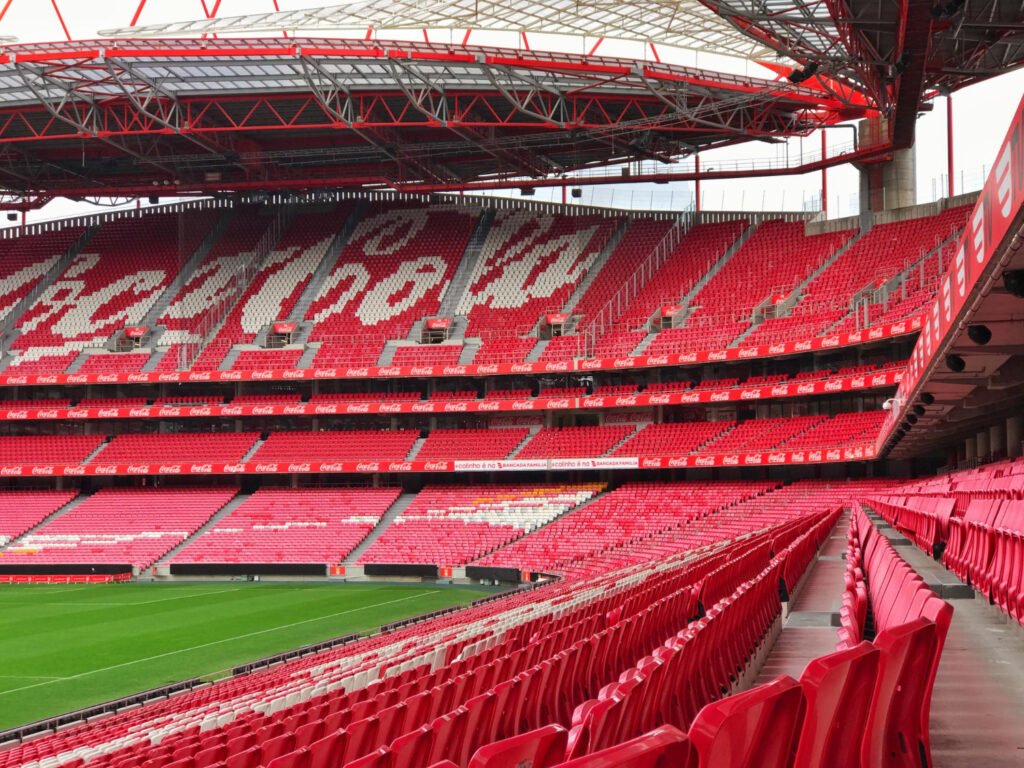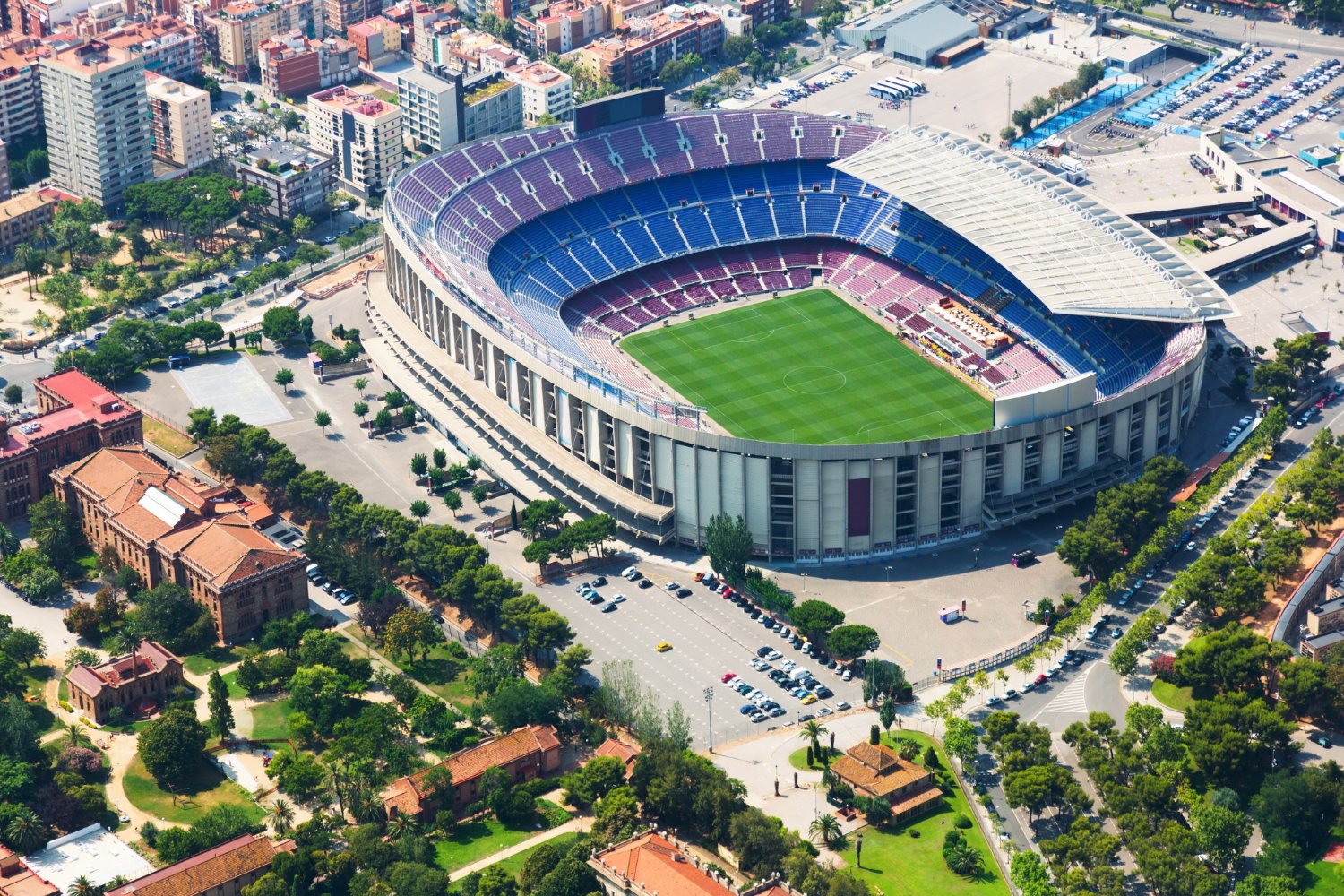The movement toward sustainability has permeated every aspect of society, including athletics. Sports stadiums are becoming hotspots for sustainability innovation as communities turn them around, lowering their environmental effect. Sports arenas are typically linked to high energy consumption and waste. One of the most notable examples of sustainable sports business practices is Red Bull Stadium. Which is home to the Major League Soccer franchise, the New York Red Bulls. Red Bull Stadium’s sustainability and community engagement initiatives are raising the bar for sports venues across the globe.
- Red Bull Stadium Energy Efficiency and Renewable Energy
- Red Bull Stadium Waste Management and Recycling
- Water Conservation
- Sustainable Transportation
- Community Engagement and Education
Red Bull Stadium Energy Efficiency and Renewable Energy

Emphasizing energy efficiency and renewable energy sources is one of core initiatives. The stadium has greatly decreased its dependency on conventional energy sources. By installing solar panels, LED lighting, and energy-efficient HVAC systems. In addition to lowering operational expenses, these actions show a dedication to lowering greenhouse gas emissions and halting climate change. The extra energy produced by the solar panels is frequently fed back into the grid. Which adds even more green energy to the local community.
Red Bull Stadium Waste Management and Recycling
To cut down on landfill waste, Has implemented sophisticated recycling and waste management measures. The stadium diverts a significant amount of its garbage away from disposal sites through collaborations. With nearby recycling companies and the installation of composting projects. Additionally, initiatives to lessen the use of single-use plastics—like installing receptacles for refilled water bottles. Biodegradable food packaging—help the venue achieve its overall sustainability objectives. Leads the way for other sporting arenas aiming to implement eco-friendly measures. By emphasizing recycling and trash minimization.
Water Conservation

Red Bull Stadium understands the need of water conservation in areas. Where it is becoming increasingly problematic to find enough water. By using water-saving technologies, such as low-flow fixtures and rainwater collecting, Red Bull Stadium prioritizes sustainable practices by lowering water usage and reliance on municipal supplies.
Sustainable Transportation
Given that transportation emissions have an influence on the environment, Red Bull Stadium encourages spectators to attend events using sustainable modes of transportation. The stadium’s convenient access to public transportation, including bus and train links, lessens the carbon impact of guests’ travel. Encouragement is given to supporters to select environmentally friendly means of mobility through programs such as electric vehicle charging stations and bike sharing. Red Bull Stadium encourages its visitors to lead healthier and more environmentally conscious lives while also reducing traffic congestion by giving priority to sustainable transportation options.
Community Engagement and Education
In addition to its operational programs, Red Bull Stadium regularly participates in community outreach to encourage sustainability and environmental awareness. The location offers outreach initiatives, workshops, and instructional programs on subjects like conservation, trash management, and renewable energy. The stadium works to encourage the next generation of environmental stewards by forming collaborations with educational institutions, environmental organizations, and community organizations. Beyond its architectural walls, Red Bull Stadium leaves a legacy of environmental care for future generations by encouraging a sustainable culture within the neighborhood.

The sustainable efforts implemented by Red Bull Stadium serve as a prime example of how sports stadiums may significantly impact the future of sustainability. The stadium pioneer’s environmental responsibility in the sports business by emphasizing sustainable transportation, water conservation, waste management, energy efficiency, and community involvement. As more venues become aware of Red Bull Stadium’s success, there is a growing movement to construct more environmentally friendly and sustainably designed sports facilities. Sports stadiums all across the world can emulate Red Bull Stadium by working together, being innovative, and sharing a dedication to environmental stewardship, leaving a legacy of sustainability that extends beyond the playing field.

